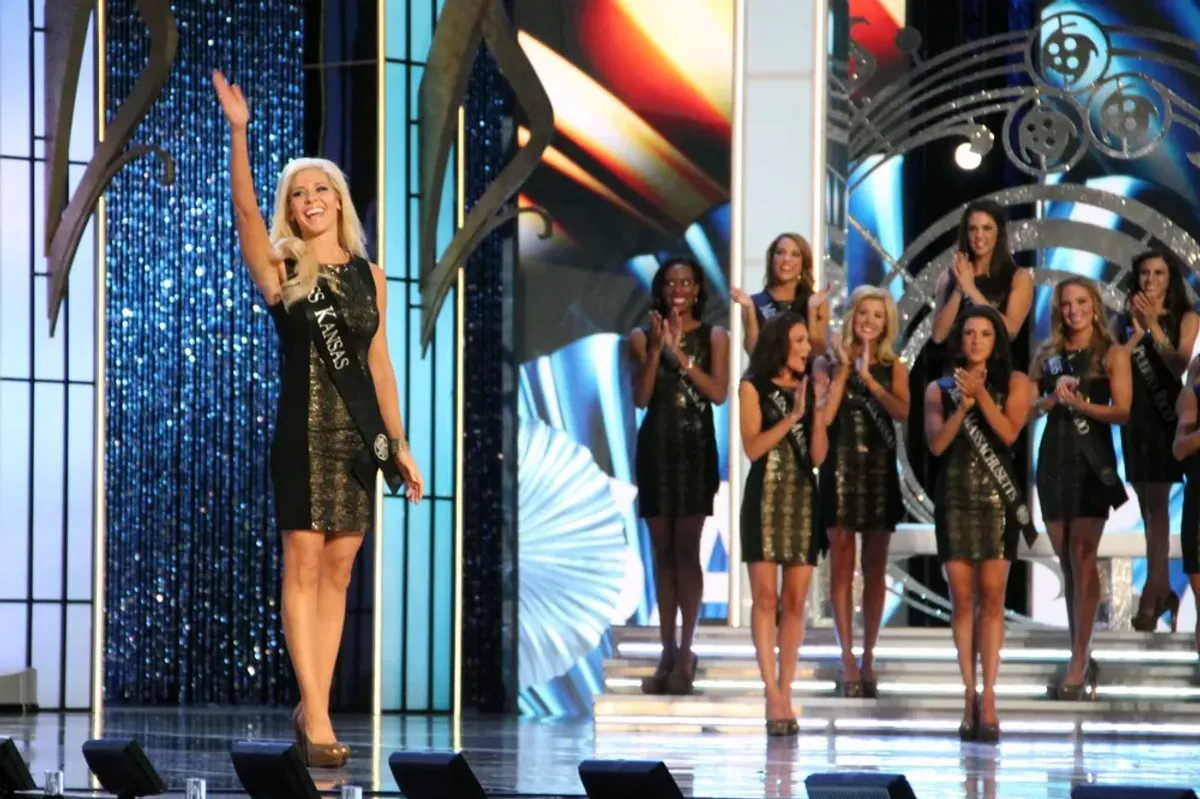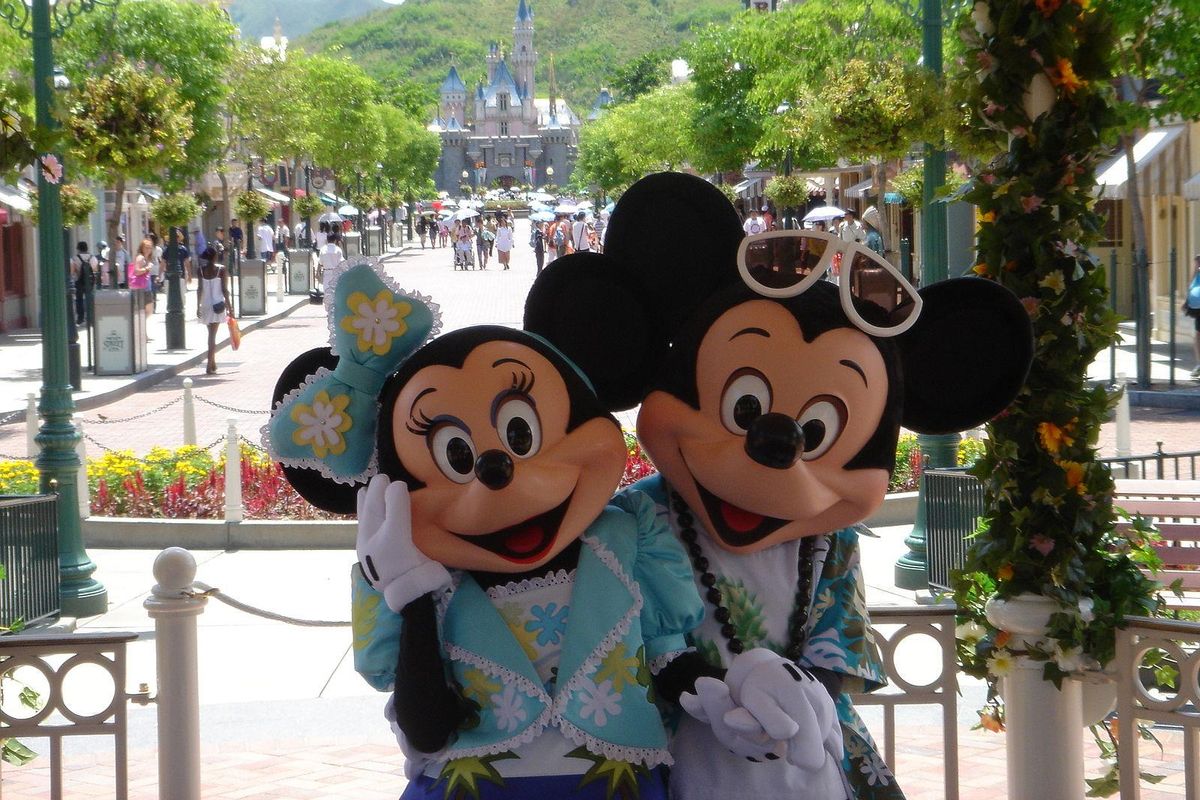'Bluey' creators put full 'Dad Baby' episode on YouTube so Americans can finally see it
People are trying to figure out what triggered Disney's decision to censor the hilarious 7-minute episode.
The "Dad Baby" episode of "Bluey" hasn't been available to American audiences until now.
American "Bluey" fans have enjoyed nearly full access to the entire lineup of the popular Australian kids' show since it started streaming on Disney +, with one notable exception: Season 2, Episode 13, also known as "Dad Baby."
The "Dad Baby" episode has attained legendary status in the "Bluey" world, with U.S. audiences wondering what could possibly have caused Disney to choose not to include it on its streaming service. Now, thanks to the official "Bluey" YouTube account sharing the full episode for free, we can all find out.
The 7-minute episode, which you can view below, was uploaded to YouTube on May 1, 2024 and has received more than 6 million views in five days. Comments on the video are turned off, but people have been discussing the censorship of "Dad Baby" on social media with a resounding reaction of "Huh? Why?"
While childbirth might be seen by some as a touchy subject, most viewers agree that there's nothing in the "Dad Baby" episode that feels questionable or inappropriate for young children.
In short, the kids are playing pretend with their dad, Bandit, who puts on a baby carrier and carries Bluey's younger sister around as if he were pregnant. There's an ongoing bit with Bandit acting as if being pregnant is a walk in the park, while actually feeling the strains and pains of carrying an extra person around. Ultimately, he ends up "giving birth" with the help of a neighbor, in the family's backyard blow-up pool. It's all very silly and quite hilarious.
It's also an accurate portrayal of how kids actually play in the real world. One of the things fans love about "Bluey" is the way the parents go along with their kids' imaginary play, sometimes going to ridiculous lengths to act out their make-believe storylines. This episode might stretch those lengths a tad bit, but not more than some other "Bluey" episodes.
Watch and judge for yourself:
The comments are turned off on the YouTube upload, but people have been discussing it on social media with comments such as these:
"That was an absolutely adorable episode thank you for sharing it with us. Idk why it’s banned, but I’m glad I got to watch it."
"I cackled so hard at this episode. I couldn't believe they kept it off disney plus."
"i work in a nursery every day for my 10 year + career i have seen all children play pretend pregnant boys and girls ... its just something kids do(it aint a new thing i promise you xD) n this episode is just a dad joining in his kids play!"
""One of my family’s favorite episodes! My 10y/o to 4y/o were in tears laughing the first time we saw it thinking of when I was pregnant with their little sister/brother (who are now 3y/o and 1y/o)."
"America is so backwards, it sensors/removes/bans things on a children’s program that are nothing to worry about but then they allow guns in real life!!! How does that make sense?? This episode has aired on cebeebies (a toddlers tv channel in the uk) many times and is on the uk disney+. I honestly don't see the problem with this episode."
Disney has apparently never explicitly stated why "Dad Baby" was censored from the lineup, so people naturally gravitate toward their own theories. Perhaps it's a tad too close to sex education? Maybe it's showing a man being pregnant? Maybe it's the visual of a dog lying with its legs spread in a pool while "giving birth," even though no body parts are even shown? Maybe it's our societal squeamishness about childbirth in general?
Whatever the reason, people seem to disagree that there's anything worth censoring in this episode and are thankful that they're now able to see it. As one of the top streaming shows, "Bluey" has built an enormous loyal fan base of all ages, and for them (ahem, us), even one missing episode is one too many.






